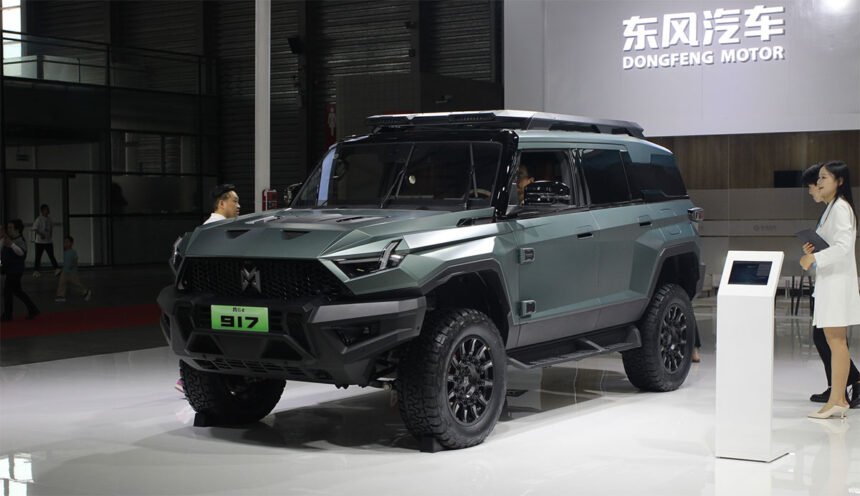China’s state-owned auto giants Dongfeng Motor (HKG: 0489) and Changan Automobile (SHE: 000625) have recently announced plans to reorganize, sparking speculation about a possible merger that could create one of the world’s largest auto groups.
The announcements from Dongfeng and Changan hinted at potential mergers with other state-owned central conglomerates, leading to changes in their indirect controlling shareholders. However, both companies clarified that these reorganizations would not impact the actual controllers of the companies.
While neither Dongfeng nor Changan directly mentioned each other in their announcements, local media outlet 36kr reported that the two companies are likely to merge and establish a new automotive group. The report suggested that Dongfeng would play a dominant role in the new auto group, with the chairman and general manager positions being filled by current Dongfeng executives.
If the merger between Dongfeng and Changan goes through, the new auto group is projected to achieve annual sales of approximately 4.58 million units. This would position the group as China’s top carmaker, surpassing BYD, and the world’s fifth-largest auto group.
In preparation for the merger, the new auto group is expected to focus on overhauling its supply chain. By integrating supply chain resources and streamlining procurement processes, the companies aim to enhance operational efficiency and address the challenges posed by the rapid electrification of China’s auto industry.
The move towards consolidation and resource optimization aligns with the government’s push for state-owned automakers to accelerate their development in the new energy vehicle (NEV) sector. Zhang Yuzhuo, chairman of the State-owned Assets Supervision and Administration Commission of the State Council (SASAC), emphasized the need for state-owned companies to innovate and overcome institutional barriers to NEV development.
While Dongfeng and Changan are taking proactive steps towards reorganization, the FAW Group, another centrally-administered automaker regulated by SASAC, has yet to make a similar announcement. The industry will be closely watching how these strategic moves shape the future landscape of China’s auto sector.







